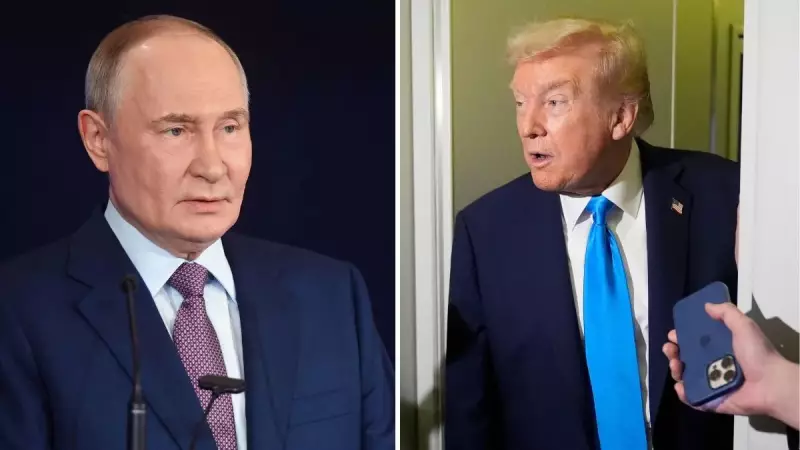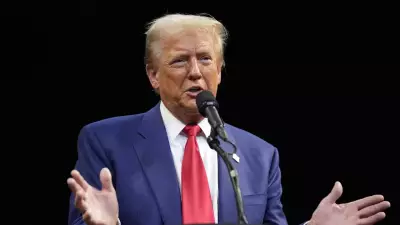
In a dramatic escalation of geopolitical tensions, Russia has formally withdrawn from a crucial nuclear arms control agreement with the United States. This decisive move comes immediately following the successful testing of Moscow's advanced Burevestnik nuclear-powered cruise missile, signaling a significant shift in global security dynamics.
The End of an Era in Nuclear Diplomacy
The terminated agreement represented one of the last remaining pillars of nuclear arms control between the world's two largest nuclear powers. Its collapse marks the most severe deterioration in US-Russia nuclear diplomacy in decades, raising concerns about a potential new arms race.
Burevestnik: Russia's Game-Changing Weapon
The timing of Russia's withdrawal is particularly significant, coming directly after the successful demonstration of the Burevestnik missile. Military analysts describe this weapon system as revolutionary due to its:
- Unlimited range powered by nuclear propulsion
- Low-altitude flight capabilities that evade traditional radar detection
- Advanced maneuverability making interception extremely challenging
Global Implications and Security Concerns
This development has sent shockwaves through international security circles. The absence of nuclear arms control frameworks between nuclear superpowers creates unprecedented uncertainty in global stability. European and Asian allies are closely monitoring the situation, with many expressing deep concern about the escalating nuclear posture.
What Comes Next?
The international community now faces critical questions about the future of nuclear non-proliferation efforts. Diplomatic channels remain open but strained, with no immediate prospects for replacement agreements. Security experts warn that this development could trigger similar actions from other nuclear-capable nations, potentially unraveling decades of nuclear arms control progress.
As world leaders assess their next moves, the global security architecture enters one of its most precarious phases since the Cold War era, with the Burevestnik success demonstrating Russia's commitment to advancing its strategic weapons capabilities outside traditional diplomatic constraints.





